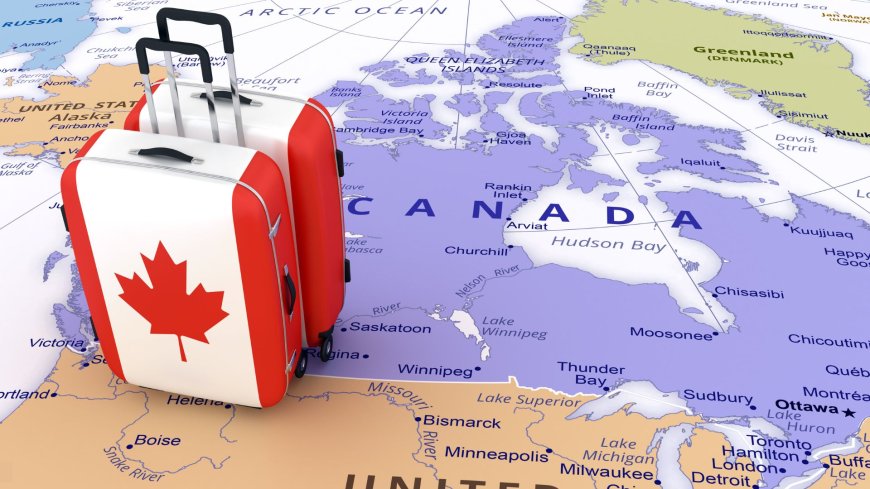Faster Canadian Citizenship: IRCC's New Measures | Canada Immigration Updates
Historically, Canadian citizenship could only be passed on to children born abroad if their parents were Canadian citizens by birth, limiting citizenship transmission to the first generation. This meant that Canadian citizens born abroad couldn't automatically pass their citizenship to their children born outside Canada.

This rule, known as the first-generation limit (FGL), might soon be adjusted by the Canadian government to include a second-generation cut-off if Bill C-71 gains Royal Assent. This change would mean that more foreign nationals in this scenario could gain Canadian citizenship. Immigration Refugees and Citizenship Canada (IRCC) is expected to announce permanent changes to the FGL rule on June 19th, 2024, as mandated by the Ontario Supreme Court.
In anticipation of these changes, IRCC has already introduced interim measures to allow some eligible foreign nationals to gain citizenship.
What Are IRCC’s New Interim Measures?
IRCC's new measure applies to those who have applied for proof of citizenship under urgent processing and may be impacted by the FGL by descent. Specifically, it will apply in the following scenarios:
- Scenario One: The applicant has submitted a proof of citizenship application that would be subject to the FGL rule change and has requested urgent processing.
- Scenario Two: The applicant has a proof of citizenship application in process and IRCC has identified that the application is impacted by the FGL rule. The application had previously been de-prioritized until new rules come into effect, but the applicant has since requested urgent processing.
In both scenarios, IRCC will review the request and verify the applicant's eligibility for urgent processing. If eligible, applicants will receive a notice stating the FGL rule is still enforced but will have the option to request a "discretionary grant of citizenship" with information on how to apply.
Who Is Eligible for Urgent Processing?
IRCC allows three groups of citizenship certificate applicants to apply for urgent processing. To qualify, applicants must prove their need for urgent processing for one of the following reasons:
- Access to benefits such as a pension, healthcare, or Social Insurance Number (SIN).
- Proof of Canadian citizenship required for employment.
- Travel to or from Canada due to a death or serious illness in the family.
IRCC clarifies that it cannot guarantee applicants will receive their citizenship certificate on time, even if they qualify for urgent processing.
Required Documents for Urgent Citizenship Certificate Processing
Applicants must include the following documents in their application to verify eligibility for urgent processing:
- An explanation letter.
- Supporting documents (e.g., plane ticket or itinerary with proof of payment, employer or school letter, doctor’s note, or death certificate).
Applying for Urgent Citizenship Certificate Processing
Eligible applicants can apply online or on paper. However, IRCC advises against submitting duplicate applications, as this can result in only one application being processed.
Alternative Proof of Canadian Citizenship
In cases where a citizenship certificate is lost or stolen, Canadian citizens can apply for a new certificate from IRCC. Other valid documents for proving Canadian citizenship include:
- Citizenship cards.
- Some Canadian birth certificates (with exceptions).
- Naturalization certificates issued before January 1, 1947.
- Registration of birth abroad certificates and certificates of retention issued between January 1, 1947, and February 14, 1977.
Invalid documents for proving citizenship include citizenship record letters, commemorative certificates, and some restricted Canadian birth certificates.
What's Your Reaction?
 Like
0
Like
0
 Dislike
0
Dislike
0
 Love
0
Love
0
 Funny
0
Funny
0
 Angry
0
Angry
0
 Sad
0
Sad
0
 Wow
0
Wow
0






































































